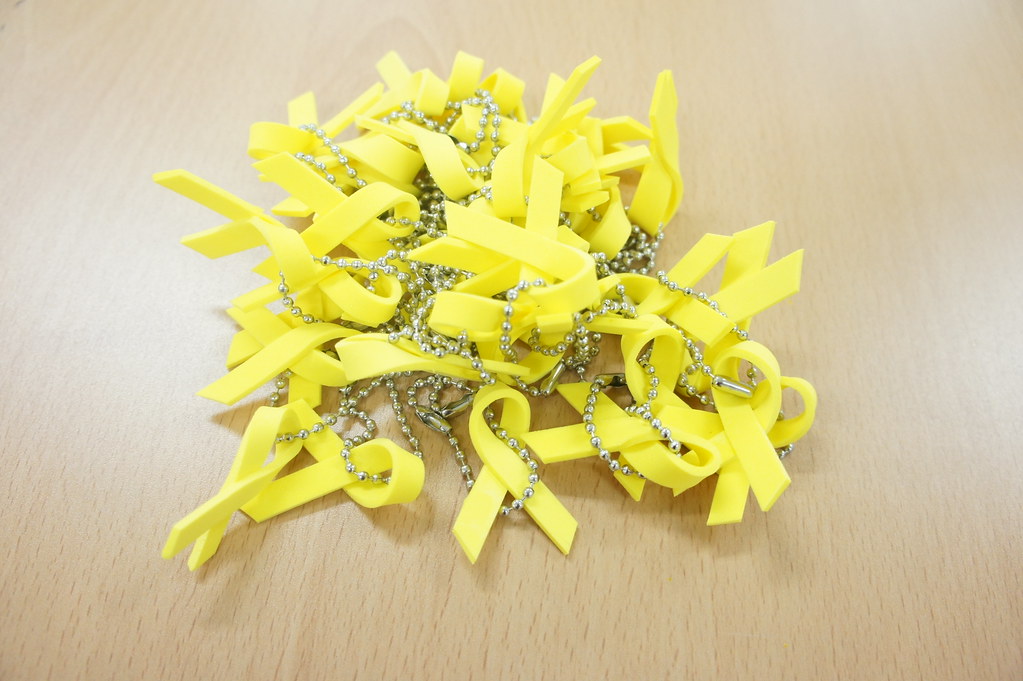Iran’s enrichment program « should be like a Christmas tree in full light, » he said
 Iran moved closer to being able to produce nuclear warheads Monday with formal notification that it will enrich uranium to higher levels, even while insisting that the move was meant only to provide fuel for its research reactor.
Iran moved closer to being able to produce nuclear warheads Monday with formal notification that it will enrich uranium to higher levels, even while insisting that the move was meant only to provide fuel for its research reactor.
Iranian envoy Ali Asghar Soltanieh told The Associated Press that he informed the International Atomic Energy Agency of the decision to enrich at least some of its low-enriched uranium stockpile to 20 percent, considered the threshold value for highly enriched uranium.
Soltanieh, who represents Iran at the Vienna-based IAEA, also said that the U.N. agency’s inspectors now overseeing enrichment to low levels would be able to stay on site to fully monitor the process. And he blamed world powers for Iran’s decision, asserting that it was their fault that a plan that foresaw Russian and French involvement in supplying the research reactor had failed.
« Until now, we have not received any response to our positive logical and technical proposal, » he said. « We cannot leave hospitals and patients desperately waiting for radio isotopes » being produced at the Tehran reactor and used in cancer treatment, he added.
Western powers blame Iran for rejecting an internationally endorsed plan to take Iranian low enriched uranium, further enriching it and return it in the form of fuel rods for the reactor – and in broader terms for turning down other overtures meant to diminish concerns about its nuclear agenda.
At a news conference with French Defense Minister Herve Morin, U.S. Defense Secretary Robert Gates praised President Barack Obama’s attempts to engage the Islamic Republic diplomatically and chided Tehran for not reciprocating.
« No U.S. president has reached out more sincerely, and frankly taken more political risk, in an effort to try to create an opening for engagement for Iran, » he said. « All these initiatives have been rejected. »
Israel, Iran’s most implacable foe, said Iran’s enrichment plans are « additional proof of the fact that Iran is ridiculing the entire world. »
« The right response is to impose decisive and permanent sanctions on Iran, » said Israeli Defense Minister Ehud Barak.
Iranian President Mahmoud Ahmadinejad had already announced Sunday that his country would significantly enrich at least some of the country’s stockpile of uranium. Still, Monday’s notification to the IAEA was important as formal confirmation of the plan, particularly because of the rash of conflicting signals sent in recent months by Iranian officials on the issue.
Although material for the fissile core of a nuclear warhead must be enriched to a level of 90 percent or more, just getting its stockpile to the 20 percent mark would be a major step for the country’s nuclear program. While enriching to 20 percent would take about one year, using up to 2,000 centrifuges at Tehran’s underground Natanz facility, any next step – moving from 20 to 90 percent – would take only half a year and between 500-1,000 centrifuges.
Achieving the 20-percent level « would be going most of the rest of the way to weapon-grade uranium, » said David Albright, whose Washington-based Institute for Science and International Security tracks suspected proliferators.
Soltanieh declined to say how much of Iran’s stockpile – now estimated at 1.8 tons – would be enriched. Nor did he say when the process would begin. Albright said enriching to higher levels could begin within a day – or only in several months, 청주 마사지 depending on how far technical preparations had progressed.
Apparent technical problems could also slow the process, he said.
Iran’s enrichment program « should be like a Christmas tree in full light, » he said. « In fact, the lights are flickering. »
While Iran would be able to enrich up to 20 percent, it is not considered technically sophisticated enough to turn that material into fuel rods for the Tehran reactor. A senior official from a member nation of the 35-country IAEA board said that issue cast Iran’s stated reason for higher enrichment into doubt.
Legal constraints could tie Iran’s hands as well. The senior official said he believed Tehran was obligated to notify the agency 60 days in advance of starting to enrich to higher levels.
The official asked for anonymity because he was not authorized to comment on the issue. The IAEA had no immediate comment.
On Sunday, Iranian officials said higher enrichment would start on Tuesday.
The Iranian move came just days after , which foresaw Tehran exporting the bulk of its low-enriched uranium to Russia for further enrichment and then conversion for fuel rods for the research reactor.
That plan was welcomed internationally because it would have delayed Iran’s ability to make nuclear weapons by shipping out about 70 percent of its low-enriched uranium stockpile, thereby leaving it with not enough to make a bomb. Tehran denies nuclear weapons ambitions, insisting it needs to enrich to create fuel for an envisaged nuclear reactor network.
The proposal was endorsed by the U.S., Russia, China, Britain, France and Germany – the six powers that originally elicited a tentative approval from Iran in landmark talks last fall. Since then, however, mixed messages from Tehran have infuriated the U.S. and its European allies, who claim Iran is only stalling for time as it attempts to build a nuclear weapon.
Even before Iran’s formal notification of the IAEA, some of those nations criticized the plan and suggested it would be met by increased pressure for new penalties on the Islamic Republic.
Iran has defied five U.N. Security Council resolutions – and three sets of U.N. sanctions – aimed at pressuring it to freeze enrichment, and has instead steadily expanded its program.
Iran’s enrichment plans « would be a deliberate breach » of the resolutions, the British Foreign Office said. In Berlin, Ulrich Wilhelm, the spokesman for German Chancellor Angela Merkel, said Germany and its allies were watching developments and were prepared to « continue along the path of raising diplomatic pressure. »By Associated Press Writer George Jahn; AP writers Danica Kirka in London, Anne Flaherty in Paris and Geir Moulson in Berlin contributed to this report

 U.N. officials told The Associated Press they had information that about a
U.N. officials told The Associated Press they had information that about a  Fonseka, who last year led government troops in their crushing defeat of Tamil Tiger rebels, was dragged out of his office Monday by military police and arrested on charges he plotted to overthrow the government while running the army. He has repeatedly denied similar accusations lobbed at him since the election.
Fonseka, who last year led government troops in their crushing defeat of Tamil Tiger rebels, was dragged out of his office Monday by military police and arrested on charges he plotted to overthrow the government while running the army. He has repeatedly denied similar accusations lobbed at him since the election.